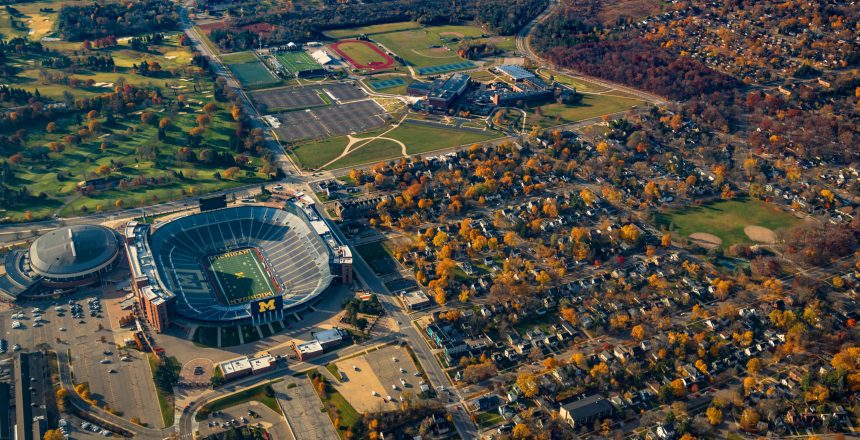The disease of addiction looks different for everybody. Someone struggling with a drug addiction will experience different symptoms while actively using and trying to get sober than someone else struggling with the same addiction. The difficulty with knowing the signs of substance abuse is that two people can use the same substance, but the indicators of their struggles with drug or alcohol use will differ widely. Understanding how substance use impacts the mind, body, and spirit can help you or your loved one get the urgent and effective help needed to put substance use struggles in the past.
What are the Signs of Substance Abuse?
Most substances, including alcohol and many drugs, have direct effects on the reward centers in the brain. They flood the body with a neurotransmitter called dopamine which causes feelings of happiness and euphoria. The surges of dopamine due to substance use are far greater than what the brain typically produces from day-to-day interactions. Therefore, when someone becomes dependent on the dopamine rush from drug or alcohol use, they will seek ways to reproduce and maintain the feelings dopamine produces. This often leads someone struggling with a substance use disorder to repetitively use more significant and more frequent doses of drugs or alcohol.
Addiction may evolve from different beginnings. For many people, struggles with addiction evolve out of different factors, while for others genetics, environmental factors, trauma history, and underlying medical or mental health conditions are significant contributors. Addiction can develop out of experimentation at an early age as well. It is essential to know and recognize the signs of substance abuse to ensure you or a loved one gets the help they need to overcome addiction. It is important to note that many substances produce physical and emotional effects unique to the substance. In addition, several common signs of addiction are often present regardless of one’s substance of choice.
Examples of common signs of substance abuse include changes in behavior, increased isolation, borrowing or stealing money, poor performance at work or school, changes in sleeping patterns, diet or weight changes, difficulties with relationships, changes in physical appearance, and new or worsening medical and mental health conditions linked to substance use.
Some drugs like marijuana, stimulants, barbiturates, benzodiazepines, hallucinogens, and opioids have specific warning signs explicitly connected to the substance. Typical examples of drug use include euphoria, appetite changes, paranoia, aggression, increased energy, changes in respiratory rate, hostility, dizziness, confusion, depression, extreme sedation, problems concentrating, lethargy, cardiac problems, and in severe cases, coma, cardiac and respiratory arrest, and death.
What Treatment is Best For Your Needs?
Choosing the proper drug treatment near Ann Arbor requires understanding several unique elements of your treatment needs. There are several levels of care available for those seeking to overcome drug addiction, and each provides care at different levels of intensity. Choosing a program where the level of care and available therapy models adequately address your physical, psychological, and spiritual needs is crucial to achieving lasting sobriety.
Certain substances such as opioids, alcohol, and benzodiazepines can produce powerful and potentially dangerous withdrawal symptoms when you reduce or stop using them. Overcoming addictions to these substances is often safest and missed effective in a medically supervised inpatient treatment setting. Additionally, inpatient care may be the best first step if you struggle with a severe addiction, relapsing addiction, or a co-occurring disorder. At an inpatient drug rehab near Ann Arbor, medical staff is available 24/7 to ensure you have the medical and emotional support you need to focus on healing and overcoming addiction.
In other cases, outpatient level services may be best suited to help you meet your treatment needs. Outpatient programs allow you to seek addiction treatment care while remaining at home with your family and loved ones. Often, outpatient programs are best suited for those with a mild addiction or those who have completed treatment and are looking for a safe and supported way to transition between the intensity of a primary addiction treatment program and returning home.
How to Find Drug Rehab Near Ann Arbor
Deciding what treatment is best for your needs can seem like a complex process, but help is available. Some people call or contact their primary care provider or a mental health therapist they’ve worked with to discuss their treatment needs and determine which level of care is best for them. You can also reach out directly to our admissions team at Liberty House to learn more about the levels of care we offer at our Ann Arbor drug rehab.


